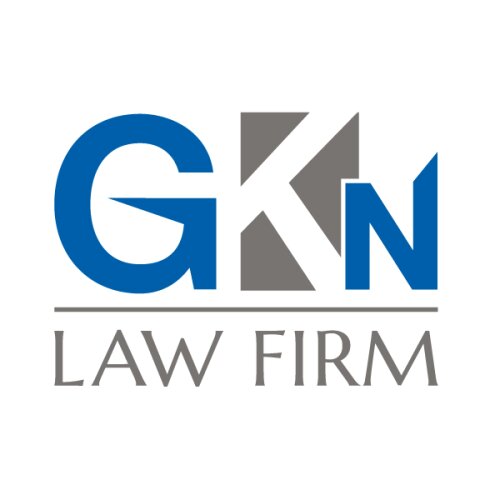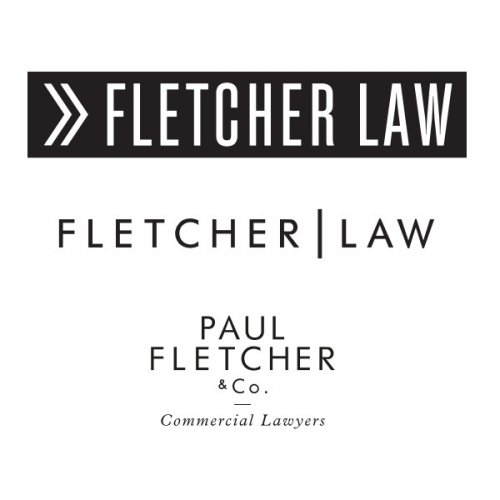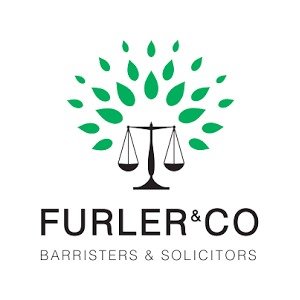Best Foreclosure Lawyers in Australia
Share your needs with us, get contacted by law firms.
Free. Takes 2 min.
Free Guide to Hiring a Real Estate Lawyer
Or refine your search by selecting a city:
List of the best lawyers in Australia
About Foreclosure Law in Australia
Foreclosure in Australia is a process where a lender seeks to recover the balance owed on a defaulted loan by taking ownership of the mortgaged property. This process is commonly utilized when a borrower fails to meet their mortgage repayment obligations. While the term "foreclosure" is widely understood, the more commonly used term in Australia is "mortgagee sale." Foreclosure processes in Australia tend to be heavily regulated, ensuring that borrowers are provided with certain legal rights and protections.
Why You May Need a Lawyer
Legal assistance in foreclosure situations can be critical for several reasons. Common scenarios include facing difficulty in meeting mortgage repayments, disputes around the foreclosure process, needing to understand your rights and obligations, or even negotiating with lenders for alternative repayment solutions. A lawyer can provide valuable advice and representation to protect your interests and explore all possible avenues before a foreclosure is finalized.
Local Laws Overview
Foreclosure procedures in Australia are subject to state and territory laws, and they may vary accordingly. Generally, lenders are required to follow a legal process which includes issuing a default notice and potentially a court application for foreclosure. Each jurisdiction may have specific requirements, such as mandatory mediation or specific time frames that must be observed. Borrowers have rights, like the right to be informed, a chance to rectify defaults, and protections under national consumer protection laws. It is crucial to be aware of specific local legislation that might apply to your situation.
Frequently Asked Questions
What is the first step a lender must take before foreclosing?
A lender is typically required to issue a formal notice of default, giving the borrower a chance to rectify the situation before proceeding with foreclosure.
Can I prevent a foreclosure?
Yes, it may be possible to prevent foreclosure by negotiating with your lender for an alternative repayment plan or refinancing the loan. Legal advice can provide options specific to your situation.
How long does the foreclosure process take?
The duration of the foreclosure process can vary significantly depending on the state or territory's laws and the complexity of the case. It might range from a few months to over a year.
Will a foreclosure appear on my credit report?
Yes, a foreclosure will likely be recorded in your credit history, which can negatively affect your credit score and ability to borrow in the future.
What are my rights during the foreclosure process?
Your rights can include receiving proper notices, having a chance to remedy defaults, and potentially accessing mediation services. Legal advice can help clarify these rights further based on local laws.
What happens to my home after foreclosure?
Once foreclosure is complete, the lender can sell the property to recover the outstanding debt. Any surplus from the sale may be returned to the borrower after costs are deducted.
Can I still sell my home during the foreclosure process?
Yes, selling your home before a foreclosure is finalized is an option if it can cover the outstanding debt. Legal guidance can help facilitate this process effectively.
Is it necessary to attend court hearings for foreclosure?
If the lender seeks a court order for foreclosure, attending court hearings may be necessary. Legal representation can aid in protecting your interests throughout these proceedings.
What fees am I responsible for during foreclosure?
Borrowers may be responsible for various fees, including legal and processing fees associated with the foreclosure. Clarification on these obligations can be provided by a legal adviser.
How can I seek financial assistance during foreclosure?
Several organizations offer financial counseling and support services that can help those at risk of foreclosure. Seeking advice from these resources early can be beneficial.
Additional Resources
There are numerous resources and organizations that can assist individuals facing foreclosure in Australia, including:
- National Debt Helpline: Provides free financial counseling and debt advice.
- Consumer Affairs Agencies: Offer information on consumer rights and legal aid services.
- Financial Rights Legal Centre: Specializes in financial services and mortgage-related legal advice.
- Legal Aid: Available in each state and territory, providing free or low-cost legal assistance to eligible individuals.
Next Steps
If you find yourself facing foreclosure, it is crucial to act swiftly. Begin by contacting your lender to discuss your options and consider seeking independent legal advice to understand your rights and obligations fully. Engaging with a qualified lawyer can help you navigate negotiations, explore alternatives, and represent your interests in legal proceedings. To find a suitable lawyer, consider reaching out to professional bodies, using lawyer referral services, or consulting community legal centers. Remember, understanding your situation and having the right support can make a significant difference in outcome.
Lawzana helps you find the best lawyers and law firms in Australia through a curated and pre-screened list of qualified legal professionals. Our platform offers rankings and detailed profiles of attorneys and law firms, allowing you to compare based on practice areas, including Foreclosure, experience, and client feedback.
Each profile includes a description of the firm's areas of practice, client reviews, team members and partners, year of establishment, spoken languages, office locations, contact information, social media presence, and any published articles or resources. Most firms on our platform speak English and are experienced in both local and international legal matters.
Get a quote from top-rated law firms in Australia — quickly, securely, and without unnecessary hassle.
Disclaimer:
The information provided on this page is for general informational purposes only and does not constitute legal advice. While we strive to ensure the accuracy and relevance of the content, legal information may change over time, and interpretations of the law can vary. You should always consult with a qualified legal professional for advice specific to your situation.
We disclaim all liability for actions taken or not taken based on the content of this page. If you believe any information is incorrect or outdated, please contact us, and we will review and update it where appropriate.
Browse foreclosure law firms by city in Australia
Refine your search by selecting a city.
















